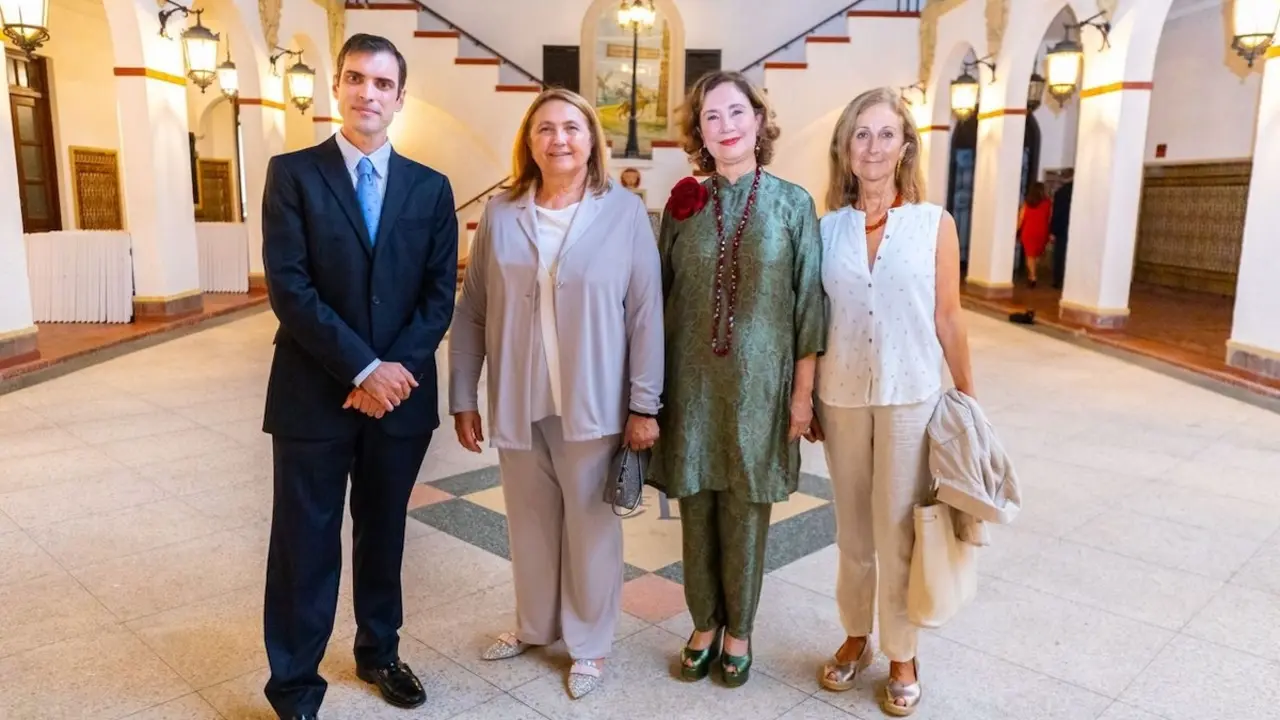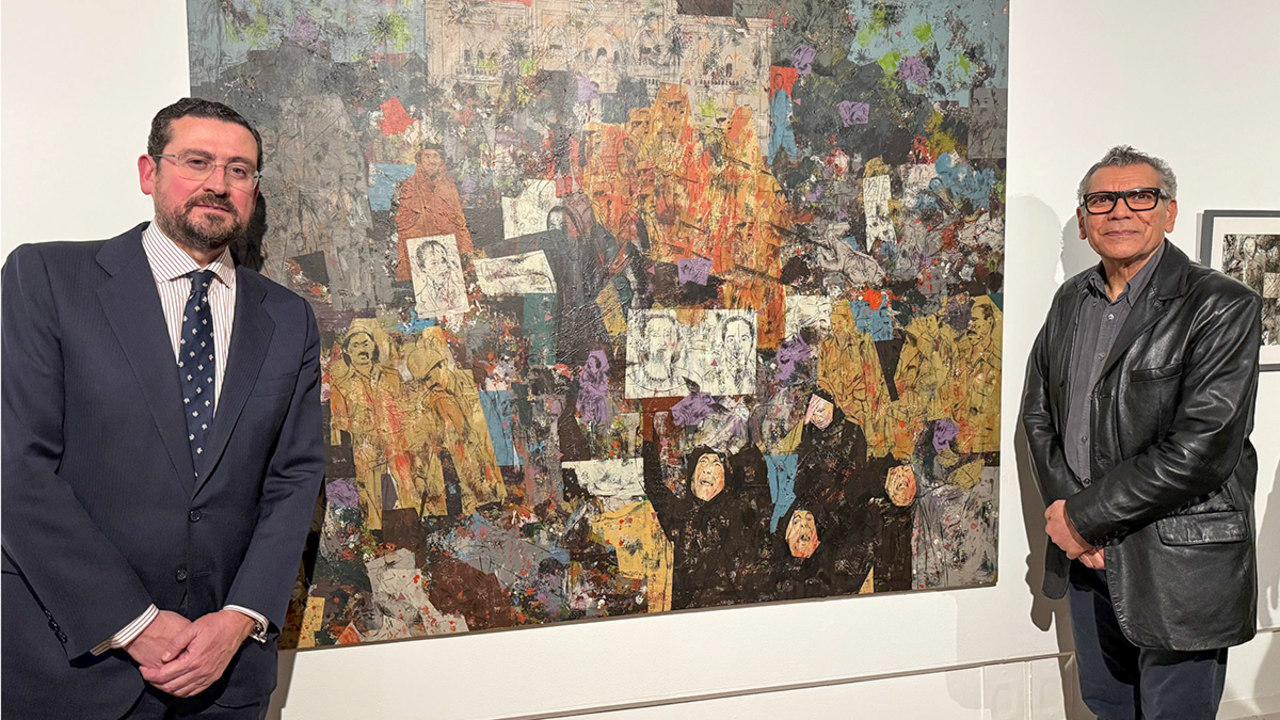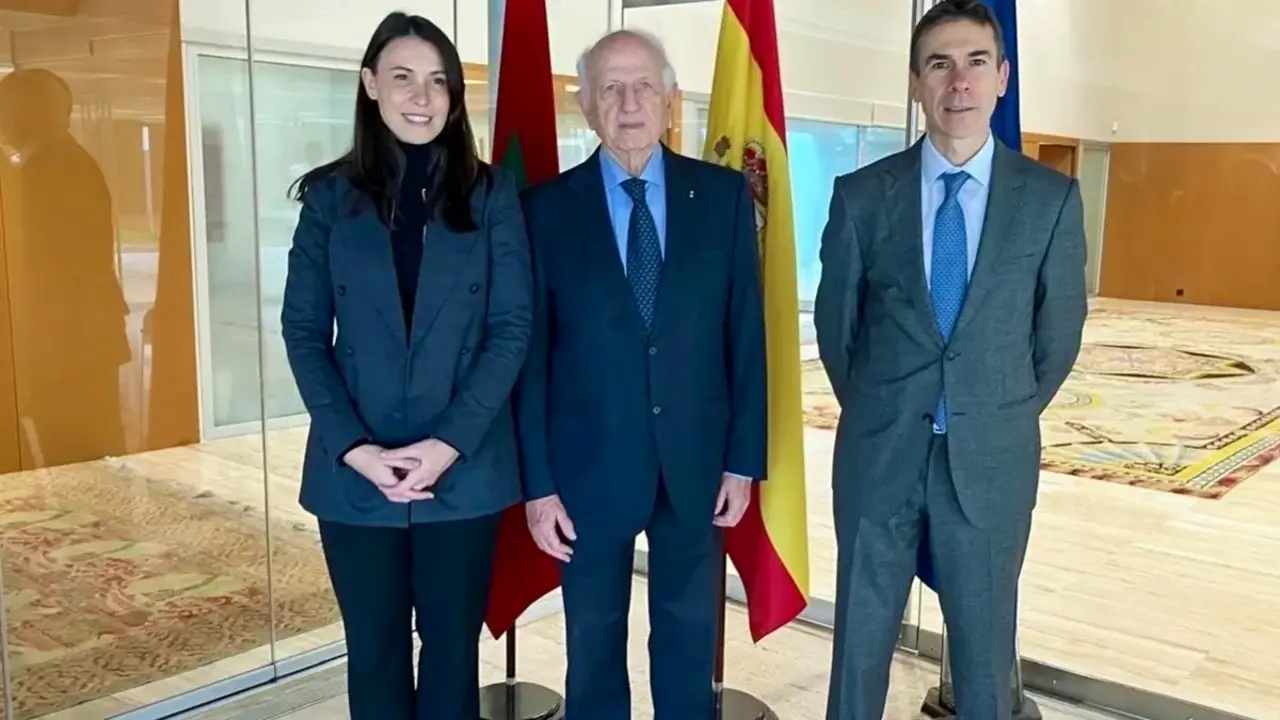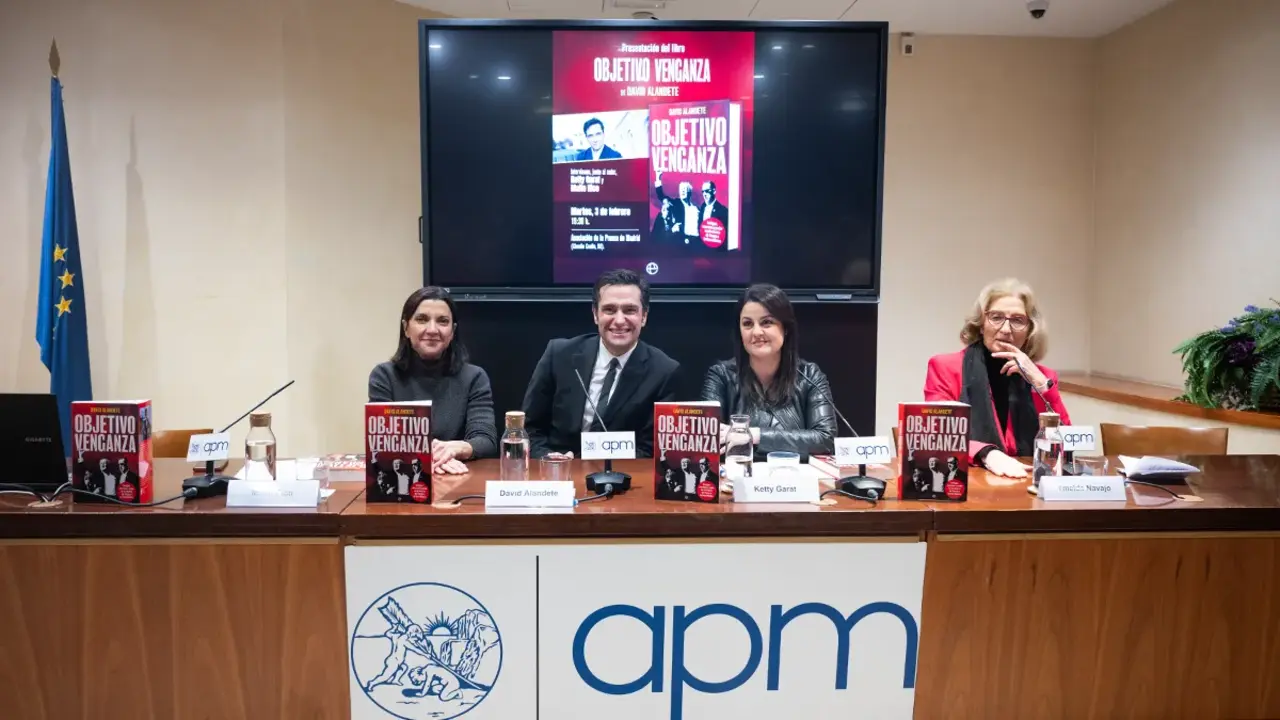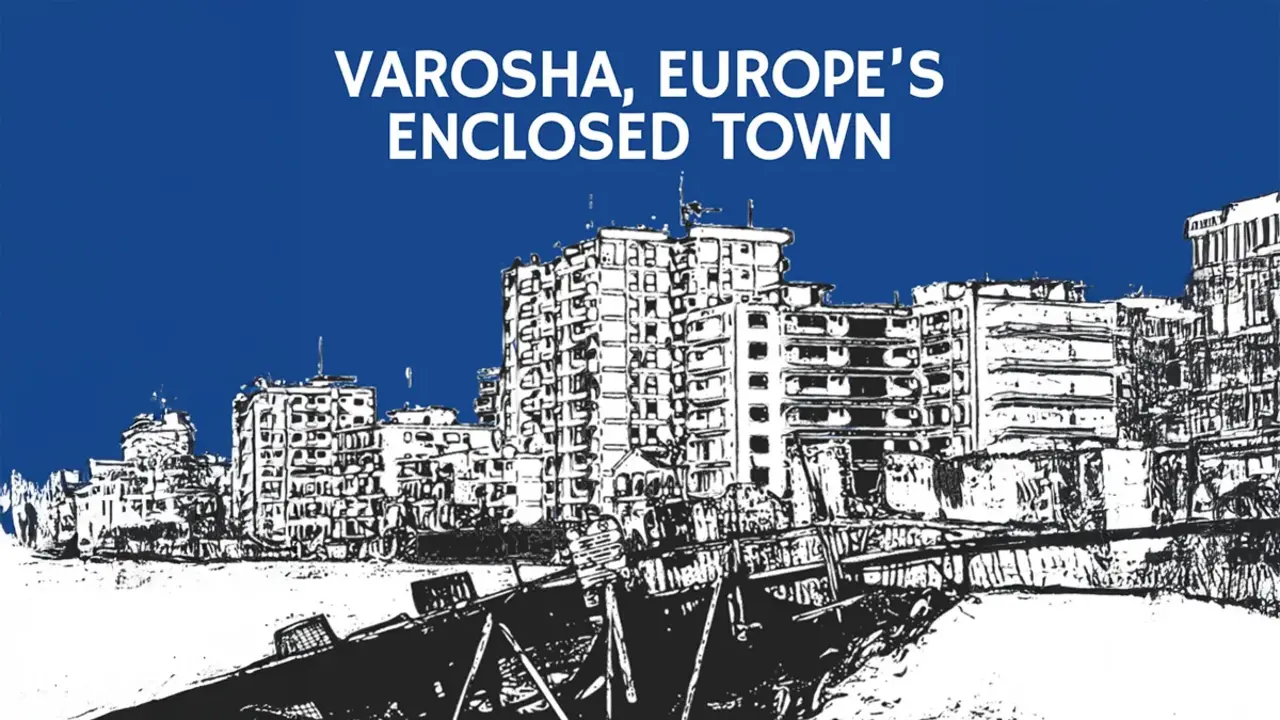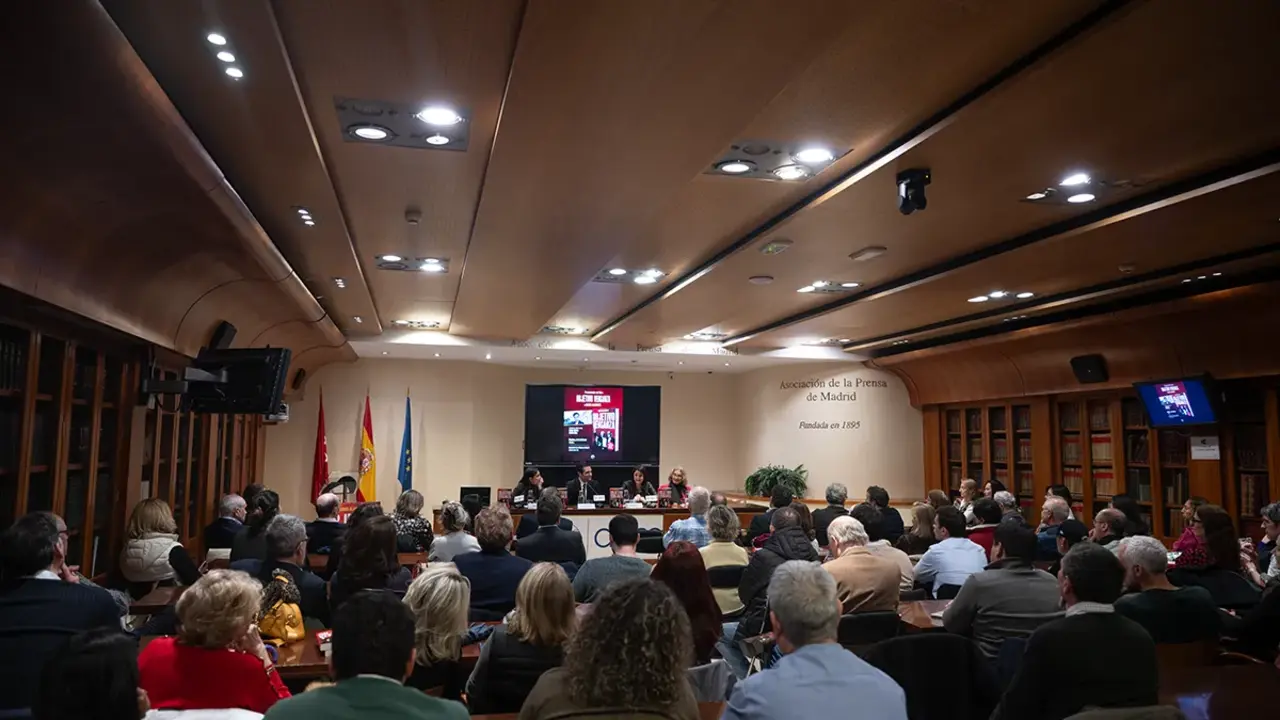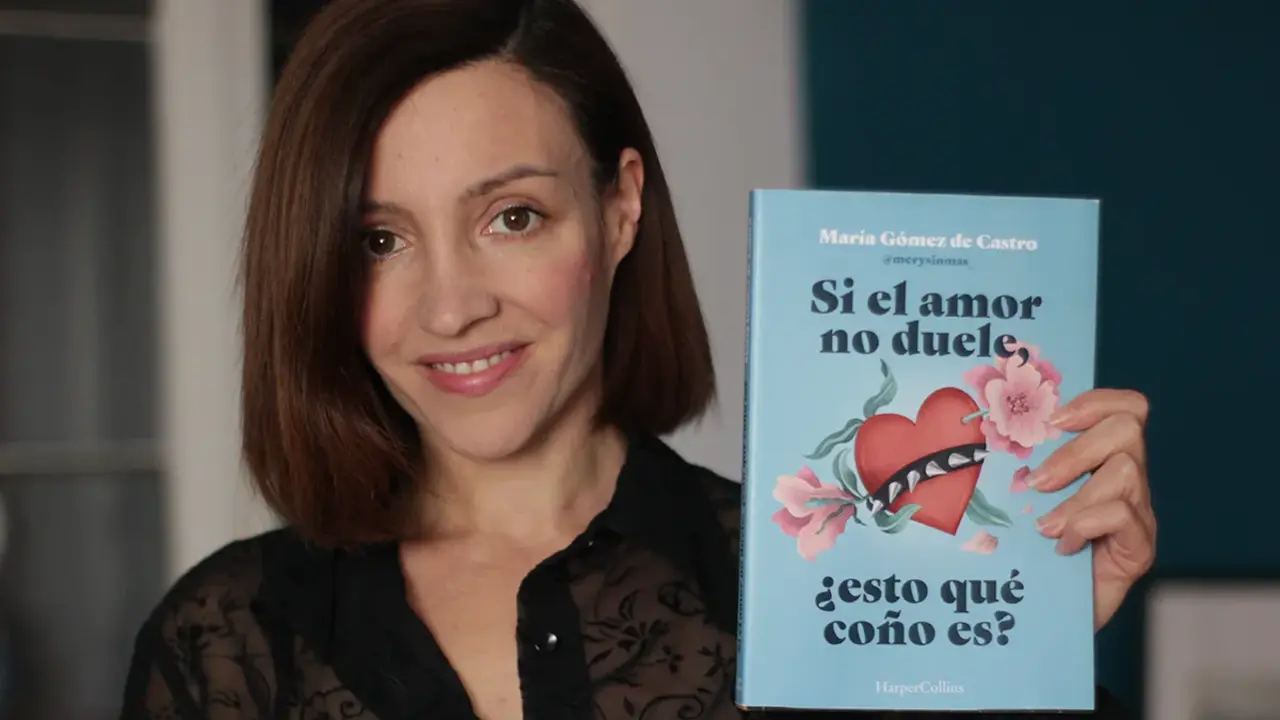The magazine Banipal dedicates its new issue to the Palestinian poet Samer Abu Hawwash
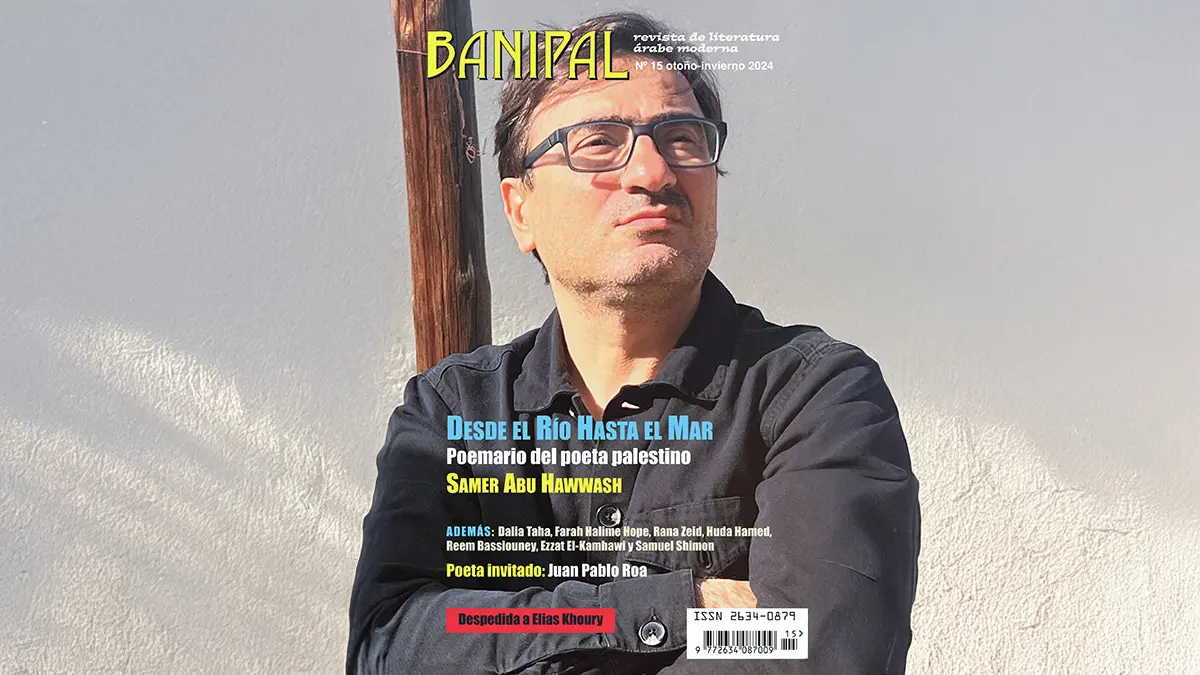
The cultural magazine Banipal, which, through its pages, aims to raise awareness and promote Arab literature, has published its 15th issue in Spanish, devoting special attention to the Palestinian writer Samer Abu Hawwash, which includes the full publication of his collection of poems entitled ‘Desde el río hasta el mar’ (From the river to the sea).
Other authors with their verses or short fragments of their works to be found in this issue are the poets Dalia Taha and Rana Zeid, translated by María Luisa Prieto; a story by the writer Farah Halime Hope, translated from English by Joselyn Michelle Almeida; a chapter from the novel ‘El pastelero: The Fatimid Trilogy’ by Reem Bassiouney (Egypt), winner of the Sheikh Zayed Prize (2024) in the literature category, and which has been translated by Angelina Gutiérrez; and narratives by Huda Hamed (Oman) and Ezzat El-Kamhawi (Egypt), translated by Milagros Nuin and Álvaro Abella, respectively.
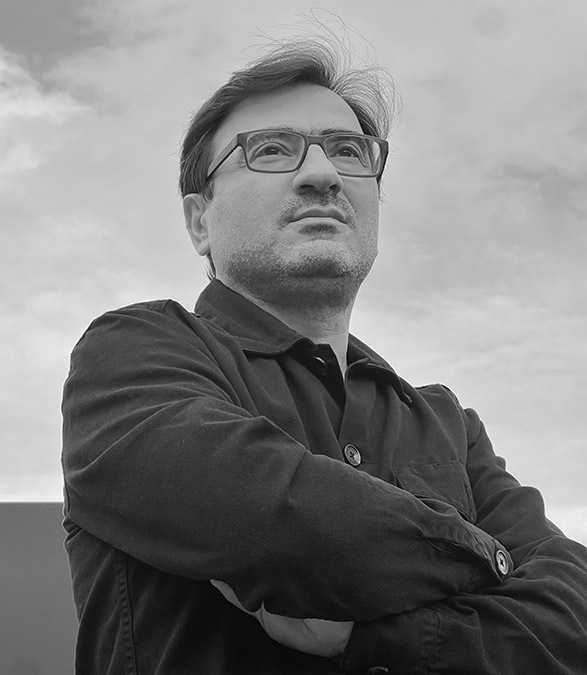
In addition, on this occasion, the verses of Juan Pablo Roa, a Colombian poet who has lived in Barcelona for 25 years, where he is a publisher and bookseller, are also included. This section aims to promote intercultural dialogue through literary translation and to foster relations between Arab writers and those of the rest of the world.
‘Hawwash, Taha, Zeid and Halime Hope highlight in their work the work of the poet and writer to remember and create an imagined community through literature, as Benedict Anderson writes, ‘a political community imagined as inherently limited and sovereign’ that responds to the demand for justice latent in the literary genre of elegy,’ says Joselyn Michelle Almeida in the introduction. For this author, the work of Hawwash, Taha, Zaid and Halime Hope in this issue ‘is a binding element that links the experiences of the “political imagined community” of Palestinians resisting inhuman violence in Gaza.’
For Joselyn Michelle Almeida, a member of Banipal's editorial board, the collection of poems ‘From the River to the Sea’ invokes Eliot's ‘The Waste Land’ ‘to open the elegiac constellation of a collection of poems that speaks of the heart-rending agony of personal and communal loss under the violence of bombardment and intentional starvation of an entire population in the face of the indifference of the world community (’It no longer matters that no one loves us‘, p. 114)’. And she adds that, if Eliot serves as a starting point, it is soon lost sight of, as in her poetics Abu Hawwash inverts Eliot's intertextuality and symbolic abstraction to achieve the somatisation of loss through language, reconstituting the fragmented body and making it present in front of the readers.
The poet also stresses that the poems in ‘From the River to the Sea’ speak out against the casual gaze and the disappearance of the victims in poems such as ‘Las miradas’, ‘Hienas’, ‘La masacre’, ‘Pequeños cadáveres’ or ‘Hasta que termine la guerra’; and in ‘El chico’ she underlines the relationship between the sense of sight and the ethical gaze.

‘An Iraqi in Paris’ is the title of Samuel Shimon's autobiographical novel, the first three chapters of which, thanks to the translation by Ignacio Gutiérrez de Terán, can also be enjoyed in this new issue of Banipal.
On the other hand, this 15th issue remembers the Lebanese Palestinian professor and novelist Elías Khoury, who passed away last September at the age of 76 after a prolonged illness. Khoury, author of works such as ‘The Gate of the Sun’ and the trilogy ‘My Name is Adam,’ ‘The Star of the Sea’ and ‘A Man Who Looks Like Me,’ is considered one of Lebanon's leading novelists. A glimpse of his life thought, and work can be found in the article written by Abdo Wazen.
And in its final pages, we find Joselyn Michelle Almeida's review of the book ‘The Shadow of the Sun’, by Kuwait's Taleb Alrefai, and an interesting photographic report on the Moroccan city of Asila on the occasion of the celebration of the 45th edition of the International Cultural Museum in which homage was paid to the former Minister of Culture, poet and writer Mohamed Achaari.


